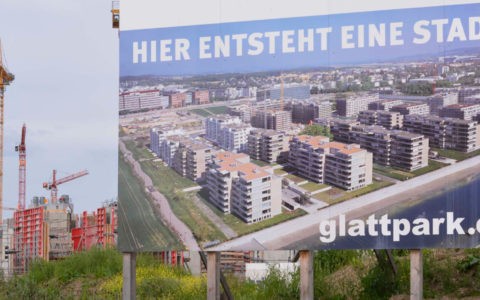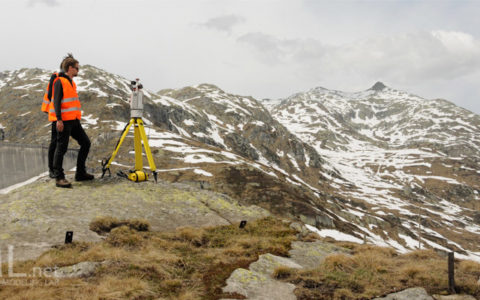Future Cities Lab Global
Sustainable cities and settlement systems
through science, by design, in place, over time
Future Cities Lab Global (FCL Global) addresses the globally significant challenges of rapid regional transformation, and aims to create a better understanding of the relationships between cities, rural communities and their surrounding regions, so as to make settlement systems more sustainable. While the first 10 years of FCL focused on cities and their development, FCL Global now expands that focus to address the corridors and networks connecting cities with a variety of other communities and with their regions – in other words the ecological system of topography, watersheds, and rivers, and the infrastructural system of roads, ports, and airports – in light of their reciprocal impacts on land use and ecology. This will also spark new research methods and approaches, helping communities to shape their habitats in more holistic ways.
FCL Global is a research collaboration between ETH Zurich and three Singapore universities – National University of Singapore (NUS), Nanyang Technological University, Singapore (NTU Singapore) and the Singapore University of Technology and Design (SUTD) –supported by the Singapore National Research Foundation (NRF). FCL Global is co-located at ETH Zurich and at the Singapore-ETH Centre (SEC) – a partnership established in 2010 between ETH Zurich and NRF at its CREATE campus.
Our Approach
FCL Global combines qualitative and quantitative challenges, big and small scales, general and specialized views involving many research disciplines, traditions, and interests, together with social needs. Working both top-down and bottom-up, FCL Global addresses social equity through cultural values, and ecological equity through intact natural systems. Beyond interdisciplinarity, the FCL Global programme addresses transdisciplinarity – that is, engagement with local, non-expert stakeholders and residents of the regions where the research is based, inclusively young and old, rural and urban.
The FCL Global programme takes a holistic view of settlement systems in their ecological and infrastructural dimensions, and operates holistically from the orientation of science, design, engineering, and governance – bringing together four streams of thought: through science, by design, in place, over time.
Through Science
To achieve sustainability, science provides the basis for understanding how cities and settlement systems develop and interact with the environment at different scales. Settlement systems are composed of ecological armatures and infrastructural armatures, physical stocks, resource flows, social institutions, and cultural catalysts whose interactions generate a quantifiable ‘metabolism’. The scientific focus of our research is to understand how such metabolisms interact with natural systems and how they might be sustainably planned.
By Design
A sustainable settlement system must also be liveable. To achieve liveability, design is essential – and it begins with a close look at the local context. Design is a collaborative process that generates new ideas and brings them to fruition. Design skills bring often conflicting technical, economic, social, and cultural demands (such as environmental sustainability, profit, comfort, convenience, identity, security, satisfaction, and desire) into dialogue to create transformational plans and visions.
In Place
Science and design are effective only if they serve places and the lives that are lived in them. Places result from common processes (growth and decline; competition and cooperation; ebb and flow of capital, people, goods and ideas; and climate change) and differentiating factors (geography, culture, language, and history). Our research addresses diverse lived places, from compact cities with high population densities to extended settlement systems with a mosaic of rural and urban land uses.
Over Time
Cities and settlement systems are never the result of singular actions of individual institutions. Rather, they take shape over time – be it the gradual accretion of historical city fabric and settlement landscapes, or the rapid transformations of ‘modernisation’. The temporality of change also has a trajectory. In this sense, sustainable cities and settlement systems must be shaped according to more cyclical, rather than linear, trajectories, in which the many and varied lifecycles of landscapes, buildings and infrastructures are taken into account.


